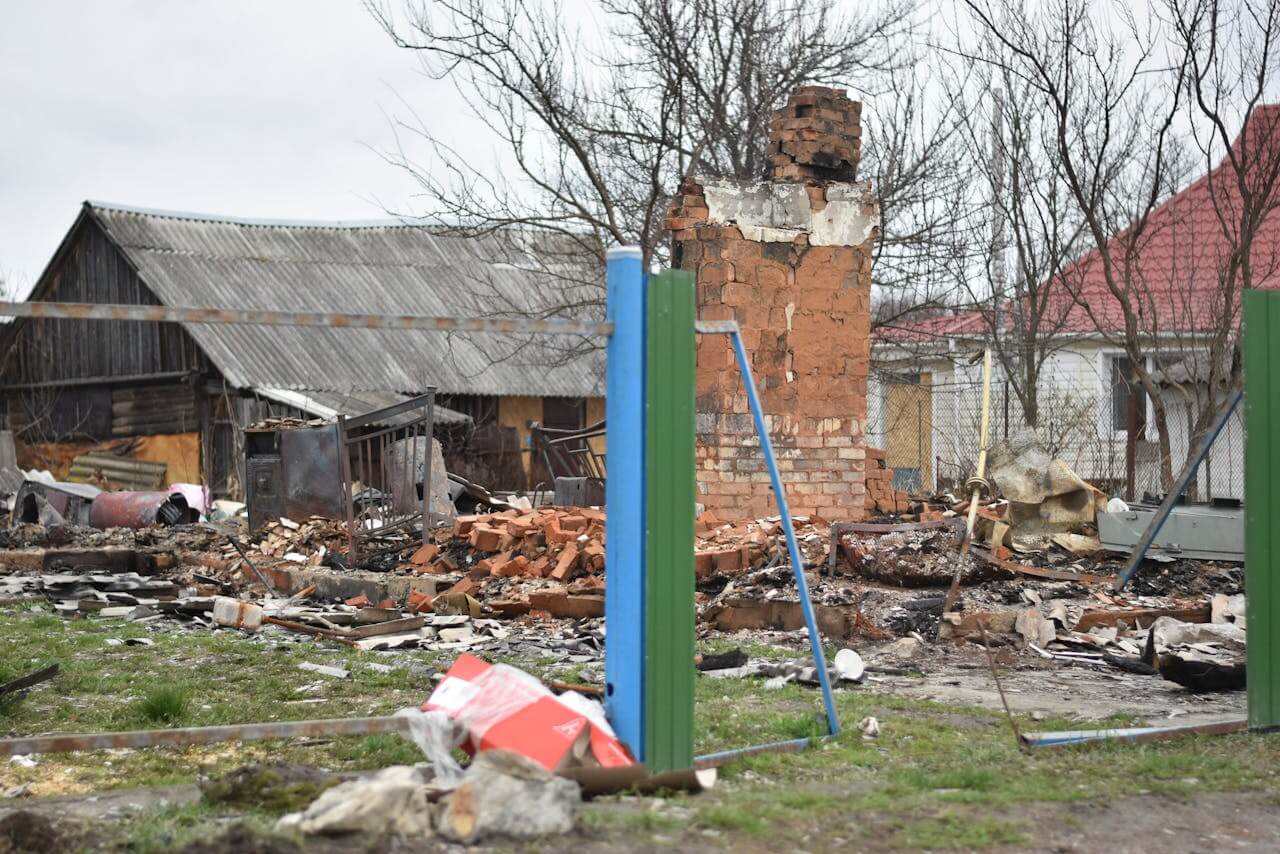
As climate change accelerates, the frequency and severity of hurricanes have notably increased, posing significant challenges to the home insurance industry. Active hurricane seasons are becoming the norm, and their impact on home insurance policies is profound. This article delves into how these turbulent weather patterns are reshaping the landscape of home insurance, affecting premiums, coverage options, and the financial stability of insurers.
Rising Insurance Premiums
One of the most immediate effects of an active hurricane season is the surge in home insurance premiums. Hurricanes cause extensive damage to homes, leading to a spike in insurance claims. Insurers, in turn, adjust their premiums to offset the higher risk and increased payouts. Homeowners in hurricane-prone areas such as Florida, Louisiana, and Texas are particularly affected, seeing substantial hikes in their insurance costs.
Increased Claims and Financial Pressure
The aftermath of a hurricane can be financially crippling for insurance companies. The sheer volume of claims filed after a major hurricane stretches resources thin and significantly impacts the insurer’s financial reserves. To recuperate losses and prepare for future claims, insurance companies raise premiums. This cycle of rising costs can make home insurance prohibitively expensive for many homeowners in high-risk areas.
Changes in Coverage Options
In response to the heightened risk posed by active hurricane seasons, many insurers are reevaluating and adjusting their coverage options. This often leads to more stringent underwriting criteria and exclusions for hurricane-related damages.
Higher Deductibles for Wind and Flood Damage
Homeowners may find that their policies now include higher deductibles for wind and flood damage, which are common consequences of hurricanes. These specialized deductibles mean that while overall premiums may not always skyrocket, the out-of-pocket costs for homeowners when a hurricane strikes can be significantly higher.
Exclusions and Limited Coverage
Insurers are also increasingly incorporating exclusions into their policies to limit their exposure. For example, some policies may exclude coverage for certain types of hurricane damage, such as wind-driven rain or damage caused by storm surges. This leaves homeowners with gaps in their coverage, necessitating additional policies like windstorm or flood insurance, which can further increase their overall insurance expenses.
The Strain on Insurers
The financial strain on insurers from active hurricane seasons can be immense. Multiple significant hurricanes in a single season can lead to billions of dollars in claims, affecting the insurer’s solvency and financial stability.
Reinsurance Costs
To mitigate their risk, many insurance companies rely on reinsurance, which is essentially insurance for insurers. However, as hurricanes become more frequent and severe, reinsurance costs are also rising. These costs are often passed down to homeowners in the form of higher premiums.
Market Withdrawal and Reduced Availability
In some extreme cases, insurers may decide to withdraw from high-risk markets altogether, reducing the availability of home insurance options for homeowners in hurricane-prone areas. This can leave many homeowners struggling to find affordable coverage or any coverage at all, forcing them to rely on state-run insurance pools, which may offer less comprehensive protection at higher rates.
Mitigating the Impact
Both insurers and homeowners can take steps to mitigate the impact of hurricanes on home insurance. For insurers, this might involve investing in better risk assessment tools and models to price policies and manage risk more accurately. For homeowners, taking proactive measures to hurricane-proof their homes can lead to lower premiums and better coverage options.
Building Resilience
Homeowners can invest in storm shutters, reinforced roofing, and elevated foundations to reduce the risk of damage during a hurricane. Many insurers offer discounts for these types of preventative measures, making them a cost-effective strategy for mitigating risk.
Comprehensive Coverage Review
Homeowners should regularly review their insurance policies to ensure they have comprehensive coverage that addresses all potential hurricane-related damages. Working with an experienced insurance agent can help identify gaps in coverage and find the best policy options available.
The increasing frequency and severity of hurricanes are undeniably reshaping the home insurance landscape. Rising premiums, changing coverage options, and financial pressures on insurers are all direct consequences of more active hurricane seasons. For homeowners, understanding these impacts and taking proactive steps to mitigate risk are crucial in navigating the evolving insurance market. As climate change continues to influence weather patterns, both insurers and homeowners must adapt to ensure financial stability and adequate protection against the destructive power of hurricanes.


